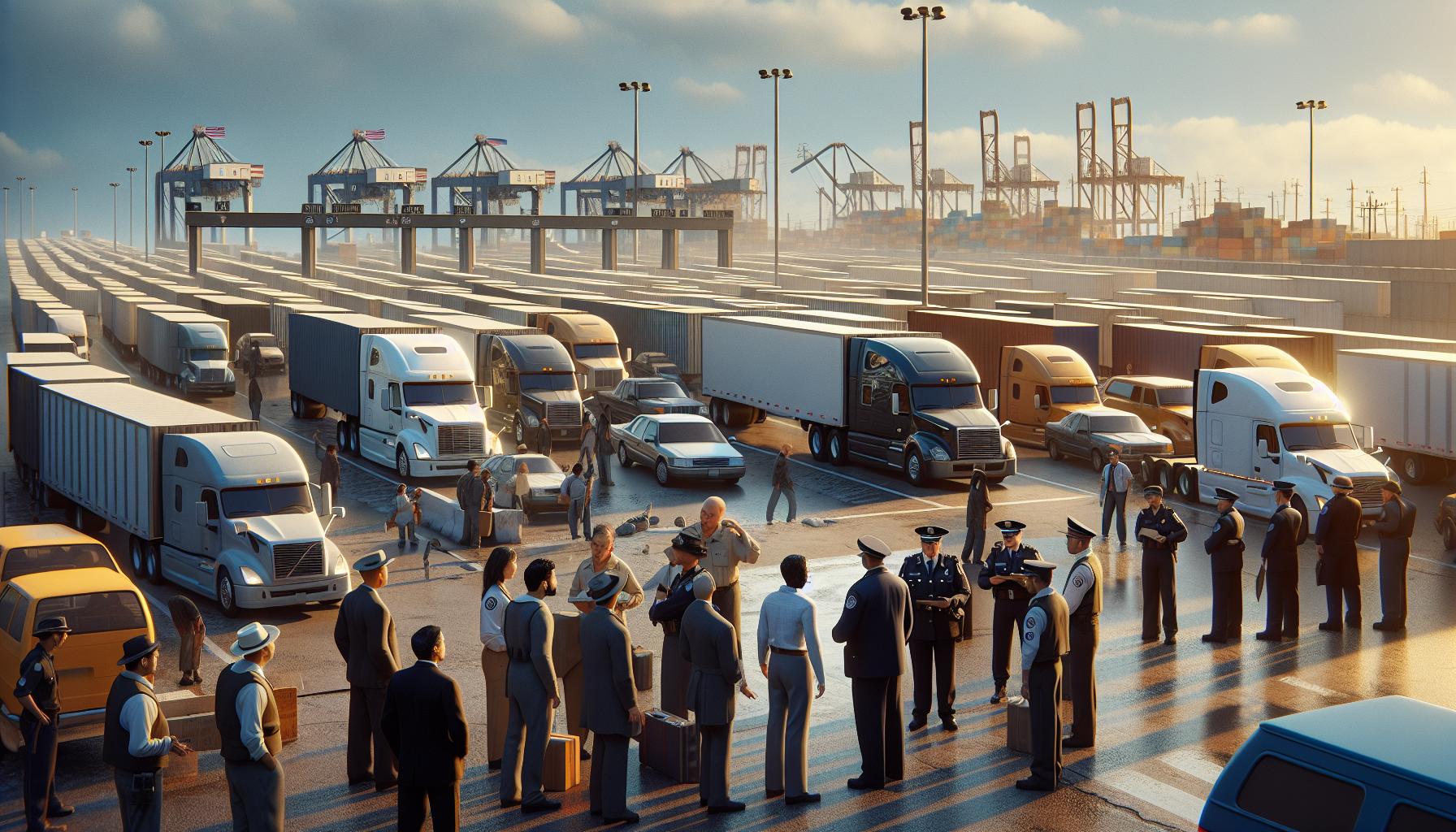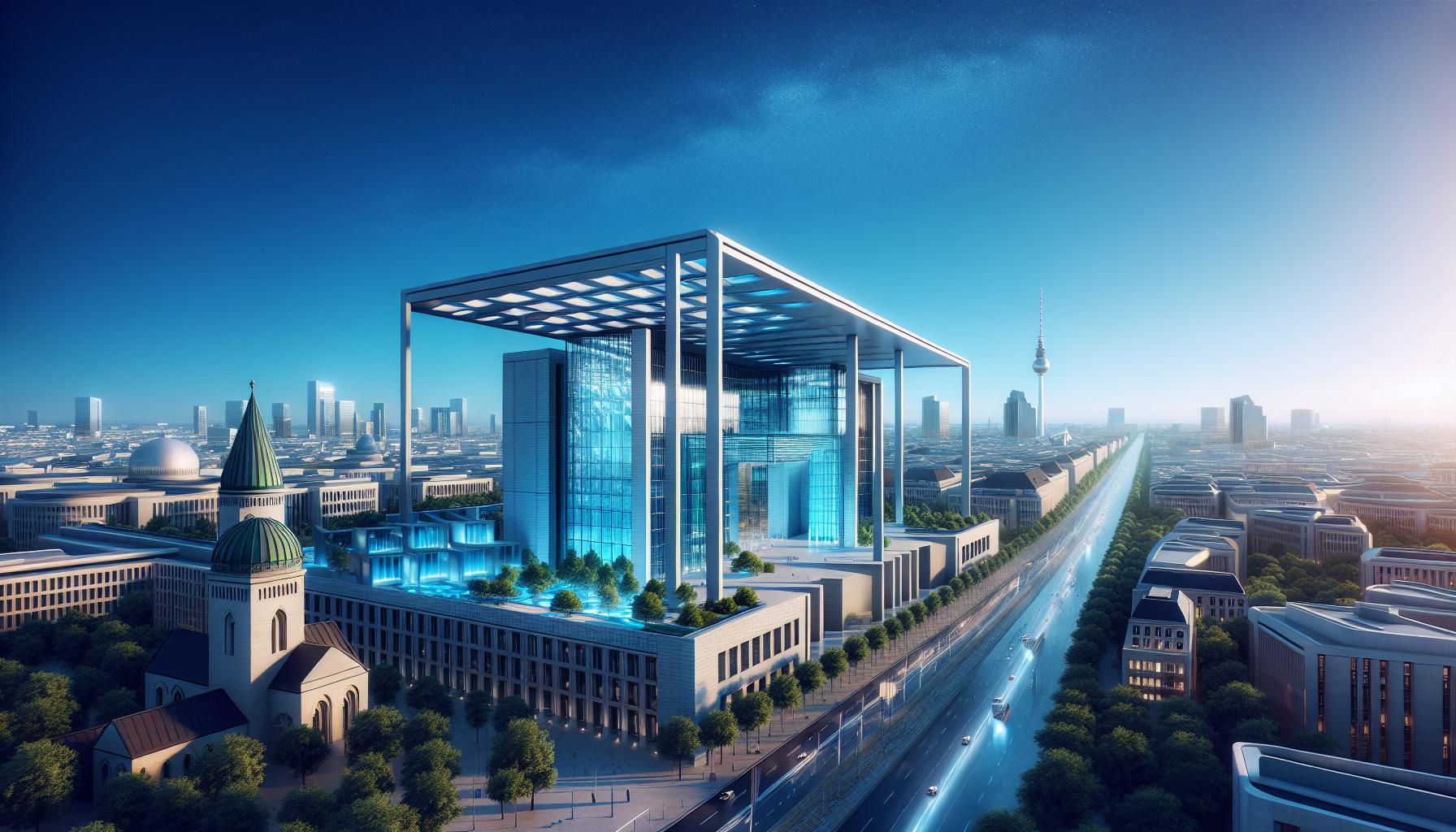Phone:
(701)814-6992
Physical address:
6296 Donnelly Plaza
Ratkeville, Bahamas.

Mexicali, the vibrant capital of Baja California Mexico stands as a crucial hub for news and developments affecting both sides of the U.S.-Mexico border. With its unique position as a major industrial center and gateway between two nations this bustling metropolis of over 1 million residents generates significant news coverage across multiple sectors.
From economic developments and cross-border trade to cultural events and environmental challenges Mexicali’s news landscape reflects the dynamic nature of this binational region. The city’s rapid growth industrial expansion and strategic location have made it a focal point for journalists covering stories that impact both local communities and international relations between the United States and Mexico.
Mexicali’s border region generates significant developments affecting both Mexico and the United States. Recent events highlight the dynamic nature of cross-border activities and policy changes.
The Calexico-Mexicali port of entry processes 3.2 million commercial vehicles annually. Local manufacturers report a 15% increase in cross-border shipments between January and March 2023, driven by electronics and automotive parts. The implementation of USMCA regulations has streamlined customs procedures, reducing wait times by 25% for commercial vehicles.
| Trade Metrics | Current Value | % Change |
|---|---|---|
| Commercial Vehicles | 3.2M annually | +8% |
| Cross-border Shipments | 850,000 units | +15% |
| Wait Time Reduction | 45 minutes | -25% |
| Immigration Data | Monthly Average | Capacity/Change |
|---|---|---|
| Asylum Applications | 1,200 | +20% |
| Processing Facilities | 3 units | 2,500 people |
| Documentation Time | 2 hours | -40% |

Mexicali’s political landscape continues to evolve with significant changes in local governance and policy implementation. Recent developments highlight the city’s commitment to administrative reform and public service enhancement.
Marina del Pilar Ávila Olmeda transitioned from Mexicali’s mayorship to become Baja California’s governor in 2021, marking the first female governor in the state’s history. The city council appointed Norma Bustamante as the new mayor, implementing 5 major administrative reforms including digital permit processing and streamlined municipal services. The current administration has restructured 8 key departments focusing on transparency, introducing a public dashboard that tracks 125 municipal indicators across public safety, infrastructure and social services.
The municipal government launched 3 cornerstone initiatives in 2023:
| Initiative Category | Budget Allocation (USD) | Implementation Timeline |
|---|---|---|
| Digital Services | $12.5 million | Q1-Q4 2023 |
| Urban Transport | $28.3 million | Q2 2023-Q2 2024 |
| Environmental | $15.7 million | Q3 2023-Q3 2024 |
These reforms demonstrate Mexicali’s focus on modernizing government operations while addressing critical urban development challenges. The administration maintains active coordination with U.S. counterparts on cross-border initiatives through monthly bilateral meetings addressing security environmental protection and trade facilitation.
Mexicali’s law enforcement agencies maintain comprehensive public safety operations across the metropolitan area. The city’s integrated security network coordinates responses to criminal activities through a centralized command center operating 24/7.
The Mexicali Municipal Police Department operates 85 patrol units equipped with GPS tracking systems to monitor criminal activities. Three specialized tactical units focus on high-risk areas with response times averaging 8 minutes in urban zones. In 2023, law enforcement conducted 450 targeted operations resulting in:
| Operation Type | Results |
|---|---|
| Drug seizures | 2.5 tons |
| Vehicle recoveries | 320 units |
| Arrests | 1,850 suspects |
| Property crime reduction | 15% decrease |
Border security in Mexicali incorporates advanced surveillance technology with coordinated binational enforcement efforts. The city maintains 42 strategically placed security cameras along the border fence with direct feeds to both Mexican federal police and U.S. Customs and Border Protection. Recent security enhancements include:
| Security Feature | Implementation |
|---|---|
| Thermal imaging cameras | 24 units |
| Motion sensors | 156 devices |
| Joint patrol zones | 12 sectors |
| Biometric scanners | 8 checkpoints |
The municipal government allocated $12.3 million for border security infrastructure in 2023 focusing on technological upgrades. Immigration authorities process an average of 850 documentation verifications daily through enhanced digital systems reducing verification times by 65%.
Mexicali’s economy demonstrates robust growth through industrial expansion and strategic commercial developments. The city’s economic indicators show a 12% increase in foreign direct investment compared to the previous year, reaching $850 million in 2023.
Mexicali’s industrial sector expansion centers on manufacturing and technology sectors. The city hosts 160 active maquiladoras employing 85,000 workers, with aerospace and automotive components leading production volumes. Key developments include:
| Industry Sector | Investment (Millions USD) | New Jobs Created |
|---|---|---|
| Automotive | 280 | 1,200 |
| Aerospace | 175 | 850 |
| Electronics | 225 | 975 |
| Medical Devices | 170 | 725 |
| Project Type | Investment (Millions USD) | Completion Date |
|---|---|---|
| Retail Complex | 85 | Q2 2024 |
| Logistics Centers | 120 | Q3 2024 |
| Office Space | 65 | Q4 2024 |
| Industrial Park | 95 | Q1 2025 |
Mexicali’s cultural landscape features diverse celebrations showcasing the region’s rich Mexican heritage blended with international influences. The city hosts 25 major cultural events annually, attracting over 500,000 participants from both sides of the border.
Mexicali’s festival calendar includes signature events that celebrate local traditions throughout the year:
| Venue Type | Annual Events | Average Monthly Attendance |
|---|---|---|
| Theaters | 180 | 15,000 |
| Art Galleries | 95 | 8,500 |
| Music Venues | 240 | 22,000 |
| Cultural Centers | 320 | 25,000 |
Mexicali’s environmental challenges significantly impact daily life along the U.S.-Mexico border region. Environmental monitoring stations track air quality metrics daily while weather patterns influence cross-border activities year-round.
Mexicali’s air quality monitoring network consists of 8 stations measuring PM2.5, PM10, ozone, and other pollutants. Recent data shows PM10 levels exceeding WHO standards on 65% of days in 2023, with highest concentrations occurring during winter months. The Municipal Environmental Protection Department operates 3 mobile monitoring units targeting industrial zones where particulate matter readings peak at 150% above baseline measurements.
| Air Quality Metric | 2023 Average | WHO Standard | Exceedance Rate |
|---|---|---|---|
| PM2.5 (μg/m³) | 35.2 | 10 | 252 days |
| PM10 (μg/m³) | 89.7 | 45 | 237 days |
| Ozone (ppb) | 52.3 | 50 | 143 days |
Mexicali stands as a dynamic border city that’s continuously evolving in multiple sectors. From its robust economic growth and technological advancements to its rich cultural heritage and environmental initiatives the city proves its significance in U.S.-Mexico relations. The implementation of new policies administrative reforms and infrastructure developments demonstrates Mexicali’s commitment to progress.
The city’s strategic position combined with its industrial strength cultural diversity and environmental consciousness shapes its identity as a key player in cross-border relations. As Mexicali moves forward it maintains its role as a vital hub for international commerce cultural exchange and binational cooperation while addressing the challenges that come with rapid urban development.